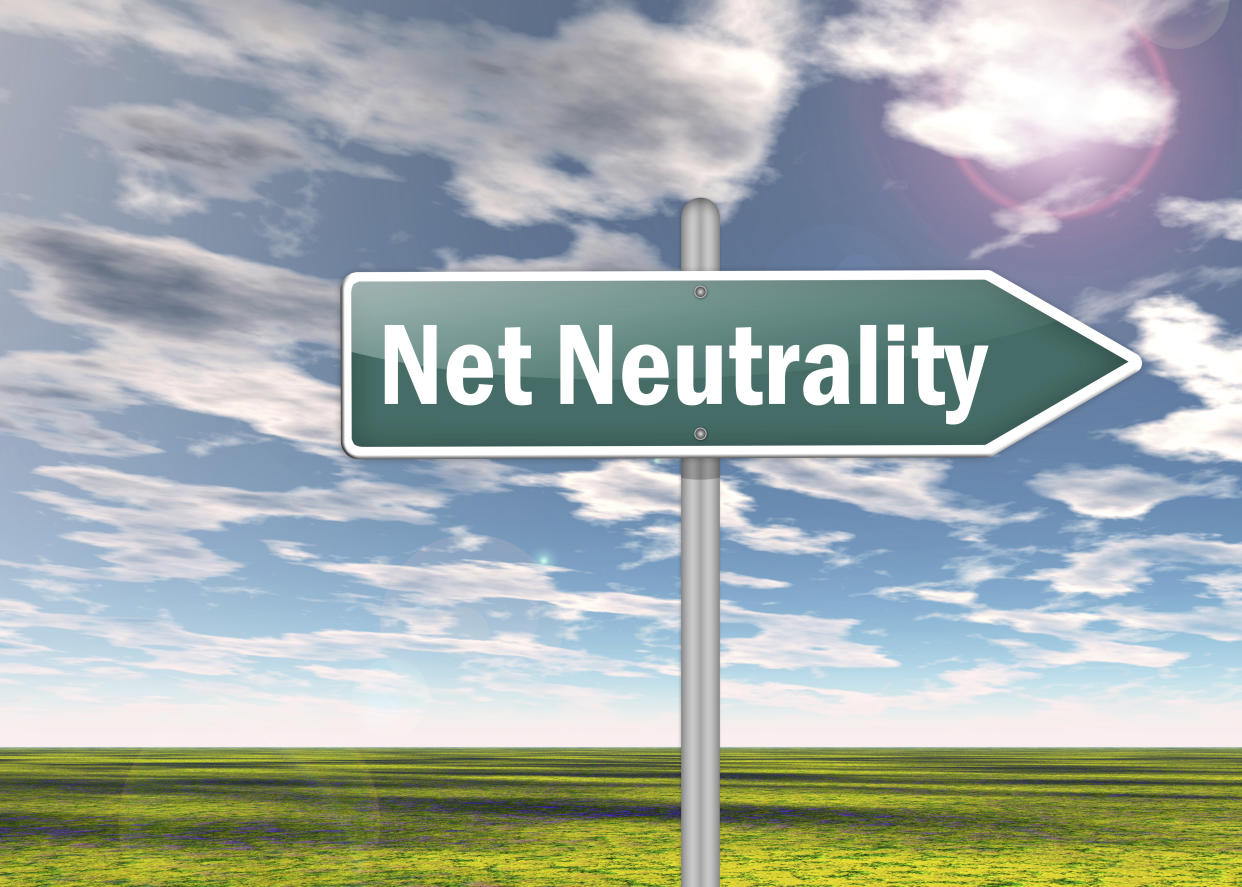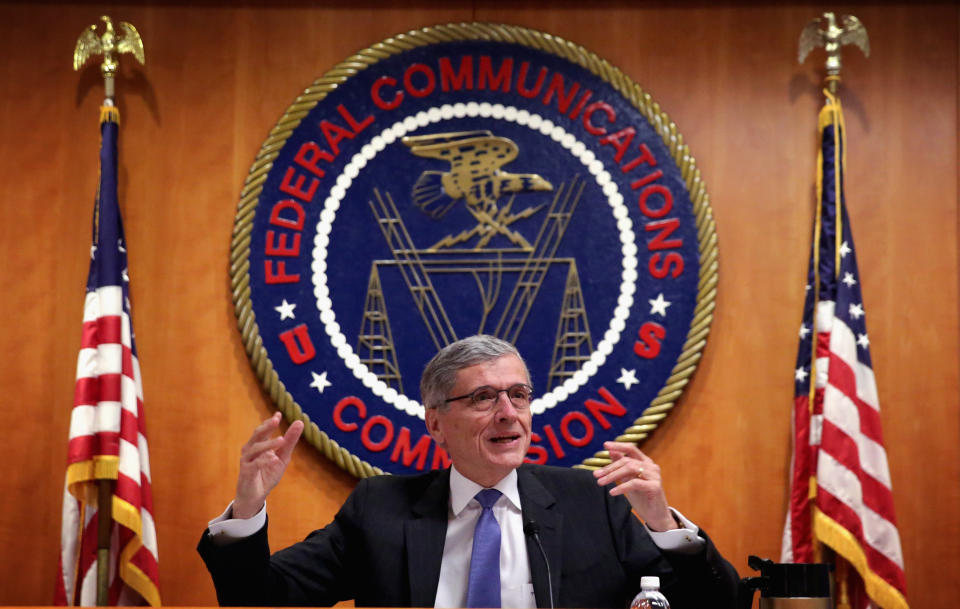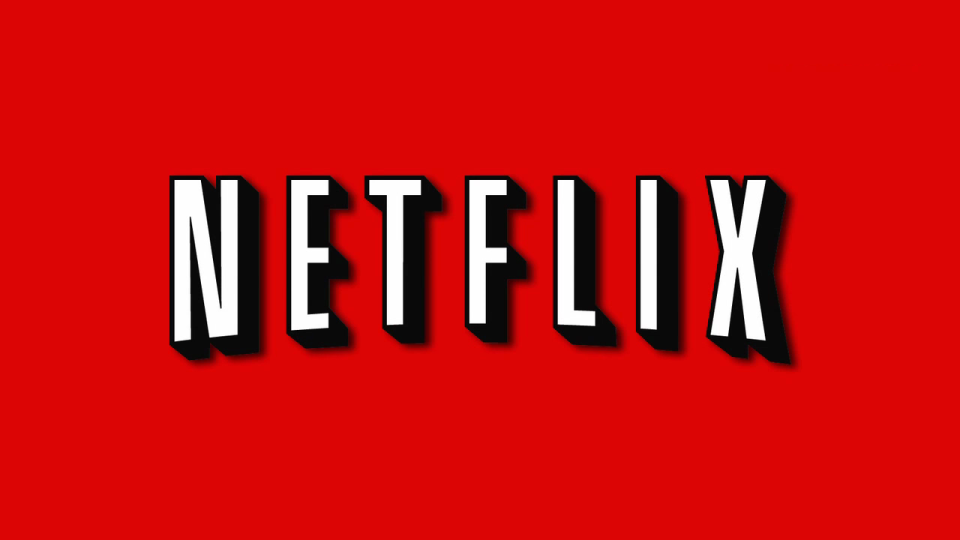Net Neutrality 101: What It Is, What The FCC Did And Why It’s Important

The FCC’s adoption of tough net neutrality rules today is an important milestone in the history of what’s become the national medium. But it won’t end the debate over how, and how much, the government should regulate the Internet. Indeed, it might re-invigorate the conversation as opponents of the agency’s decision threaten to challenge the new rules in Congress and the courts.
What does it all mean, and how might this play out? Here’s an overview of the issues, and the stakes, modified from an explainer that we ran last summer:
Q: What does net neutrality mean?
A: Generally speaking, net neutrality means that an Internet service provider (ISP) — such as cable or phone company — treats all content equally. For example, it doesn’t offer faster transmissions for Netflix videos than it does for those from Amazon Prime.
RelatedWhy Obama’s Net Neutrality Decision Was A Political Masterstroke
Q: Is this a widespread problem?
A: No, but open-Internet advocates say it could become one. They note that cable companies have a long history of using their gatekeeper power to favor channels that they own and require others to make financial concessions in order to be carried or find a home at a low number on the dial (desirable) as opposed to a high one (undesirable).
Net neutrality advocates say that the Internet is too important to the economy and democracy to let companies such as Comcast and Verizon effectively pick winners and losers. ISPs might favor big, established businesses over entrepreneurs and mainstream opinions over dissenting ones.
RelatedFCC Net Neutrality Plan Won’t Lead To Broadband Price Regulation – Analyst
Q: If an ISP discriminates, wouldn’t consumers just switch to another that doesn’t?
A: Most can’t, at least not if they want to stream a lot of video or run several digital devices
simultaneously. FCC Chairman Tom Wheeler noted last year that 55% of the country only has one broadband provider that transmits data at a rate of 25 megabits per second — which he said “is fast becoming ‘table stakes’ in 21st century communications.” And close to 20% can’t get that fast a service at all. Cable companies dominate sales of the fastest speed wired service; the market share for telco DSL services is declining. AT&T, Verizon, T-Mobile and Sprint offer wireless broadband, but they don’t have enough airwave spectrum to affordably match cable’s speed.
Q: That’s the argument for net neutrality regulations. What do the ISPs say?
A: Cable and satellite companies say that tough rules are a solution in search of a problem. The ISPs don’t treat content providers differently — and don’t plan to do so. But regulations could backfire by frightening the investors who could supply the capital needed to build and maintain the broadband infrastructure.
RelatedComcast’s Brian Roberts Wants To See Details Before Challenging FCC Net Rules

Q: What did the FCC do in voting to approve net neutrality rules?
A: It adopted rules that bar ISPs from blocking or throttling anyone’s transmissions or offering paid prioritization. Regulators applied the rules to wireless as well as wired broadband. They outlawed favoritism in the way ISPs receive transmissions from content providers, as well as in cable and phone company signals to their subscribers. They also disclaimed authority to set rates. But the agency’s most controversial decision was to reclassify the Internet as a phone-like public utility.
Q: Why did the FCC do that?
A: In January 2014, the U.S. Court of Appeals in D.C. remanded FCC net neutrality rules adopted in 2010. Judges said that in 2002 and 2005 the FCC relinquished much of its authority to regulate Internet traffic. The agency defined broadband as a lightly regulated information service governed by the 1996 Telecommunications Act. They hoped that would entice investors to pay for infrastructure construction. If they wanted to impose net neutrality rules, justices said, then the FCC would have to redefine it as a common carrier governed by the 1934 Communications Act.
Q: What happens now?
A: The FCC rules must be approved by the Office of Information and Regulatory Affairs, which could take a few weeks. Then they’ll be published in the Federal Register. About a month after that happens, they will take effect.
Related Comcast’s Brian Roberts Wants To See Details Before Challenging FCC Net Rules
Q: What will opponents do?
A: They likely will ask a court to grant a stay to stop that from happening. There’s “little chance” that will be approved, Cowen & Co analyst Colby Synesael says. If so, then cable and phone opponents can try to have the rules overturned after they take effect, a process that could take years.
Q: Could the Republican-led Congress overturn the FCC?
A: Several members including Sen. John Thune (R-S.D.) and Rep. Fred Upton (R-Mich.) have said that they’ll try. But this could prove to be a political minefield for them. More than 4 million people sent messages to the FCC on net neutrality — an astonishing number for such a seemingly technical and arcane subject — with the vast majority supporting tough rules. What’s more, President Obama actively supported the change and could veto a bill that tries to reverse the FCC.
Related Net Neutrality Controversy Outstrips Janet Jackson: Video
Q: What will the business community do?
A: It’s divided. Remember, a lot of companies depend on the Internet and don’t want to have

to worry that they’ll face unpredictable conditions or demands from ISPs such as Comcast or Verizon. Netflix — one of the biggest beneficiaries of today’s decision — applauded the FCC, saying its decisions “kick off a new era that puts the consumer, not litigious corporate giants, at the center of competition policy.”
Q: Cable and phone companies say that the FCC decision will result in less investment in the Internet, which could end up hurting consumers. Are they right?
A: We’ll see. Early signs are mixed. For example, cable stocks today were flat to mixed; Charter Communications touched a 52-week high, for instance. Bernstein Research’s Paul de Sa says that although ISPs “may blame the new rules for changes to their business plans … we think it unlikely that they will actually affect any [return on invested capital]-based decisions.” Cablevision CEO Jim Dolan seemed to agree yesterday. He broke ranks with his industry colleagues when asked about Wheeler’s net neutrality plans. “We don’t really see at least what the Chairman’s been discussing as having any real effect on our business,” he said. “So, therefore, we’re sort of neutral.”
Related stories
Net Neutrality Vote: Reactions From The Industry And Interest Groups
FCC Adopts Vigorous Net Neutrality Rules, Presaging Fight With ISPs – Update
'The Killing' Producer Tells FCC That Net Neutrality Will Protect Competition
Get more from Deadline.com: Follow us on Twitter, Facebook, Newsletter



